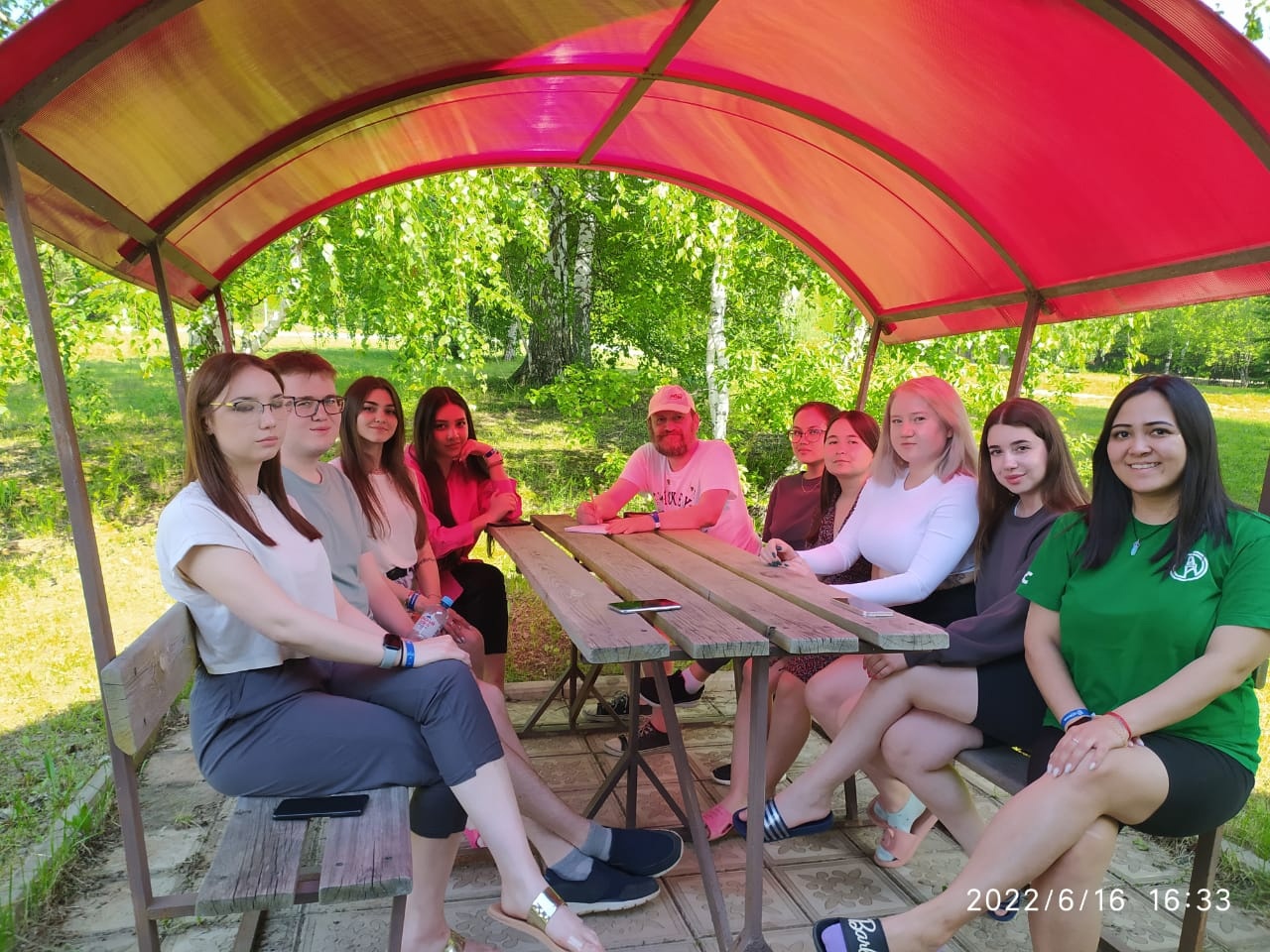Наши публикации по теме проекта:
1) Facing the digital future: CIE potential of gen z / M. G. Bresler, A. R. Suleymanov, A. A. Rabogoshvili, A. V. Serdyuk // Вестник УГНТУ. Наука, образование, экономика. Серия: Экономика. – 2022. – No 2(40). – P. 53-64. – DOI 10.17122/2541-8904-2022-2-40-53-64. – EDN BCZFEM.
Gen Z has reached the age of 18-24 and will exert an essential impact on the social, economic and political processes in information/digital society. This society attaches great significance to such qualities as Sustainability-Oriented Creativity, Innovation, and Entrepreneurship (CIE), which expand opportunities for networking and creation of communications, give a competitive advantage and contribute to the development of an individual and the society. The purpose of the study is to reveal the possession of generation Z representatives of creative, innovative and entrepreneurial potential, and the presence of a propensity for creative labor. Using the information and communication method we have carried out an analysis based on literature data and our own research such as a Gen Z questionnaire survey and interview data from representatives of the older generation who communicate with young people (Gen Y&X). The completed research shows an aspiration of most of the Centennials for creative labor, proficient use of digital technologies and their desire to work in modern industries, in particular, IT-sphere. The authors of the paper concluded that the formation of the future entrepreneurship activities would be impacted by CIE factors based on horizontal ties and network interaction. It predicts the decreasing role of bureaucracy and the transition of management from organization towards coordination and facilitation of work for professionals, which allows us to assume the possibility of an optimistic forecast for the social development in the medium term. The authors believe that predictions of replacing humans with Artificial Intelligence (AI) in the industrial sector are unlikely. The high potential of the CIE will allow Generation Z to work successfully using all the achievements of digital technologies for the development of the society. This is changing the common perception of the future as a world dominated by robots, god-like elites and marginalized masses.
2) Повышение эффективности адаптации молодых специалистов в компаниях нефтегазового комплекса / С. Д. Галиуллина, М. Г. Бреслер, А. Р. Сулейманов [и др.] // Вестник УГНТУ. Наука, образование, экономика. Серия: Экономика. – 2022. – № 3(41). – С. 7-19. – DOI 10.17122/2541-8904-2022-3-41-7-19. – EDN AAHPMI.
Поколение Z — первое поколение этапа становления информационного/цифрового общества, обладает специфическими особенностями в когнитивной области. Погруженные в цифровую среду, Generation Z испытывают определенные трудности во взаимодействии со старшими поколениями как во время учебы, так и во время адаптации в производственных коллективах. Традиционные инструменты социализации в учебном, научном, производственном коллективе имеют низкую эффективность, так как представители Generation Z обладают более высокими навыками и компетенциями в области цифровых технологий, в связи с чем быстрее осваивают новые технологии. В то же время у них иная мотивация к труду и отличные от старших поколений приоритеты. С одной стороны, это затрудняет адаптацию представителей поколения Z в коллективах структурных подразделений компаний, где существует сложившаяся в течение десятилетий структура коммуникаций, и в то же время компаниям необходимы новые сотрудники, так что число их из поколения Z будет только возрастать. Цель исследования: выявить специфические особенности поколения и создать технологию, позволяющую оптимизировать работу представителей Generation Z в коллективе на основе взаимодействия и сотрудничества. Авторы выявляют наличие проблемы и в то же время предлагают решение в виде цифровой технологии. Предлагаемая авторами технология, на основе которой будет разработан цифровой сервис прогнозов эффективных команд на основе искусственного интеллекта, позволит своевременно выявлять недостатки эмоционального капитала и целенаправленно развивать различные виды индивидуальных soft skills для повышения эффективности командной работы. Таким образом, адаптация представителей поколения Z будет проводиться с большей эффективностью, а риск межпоколенческих конфликтов будет существенно снижен. Этот подход можно представить как новый, предусматривающий взаимную адаптацию старших поколений с устоявшейся структурой коммуникаций и поколения Z, обладающего уникальными компетенциями в области цифровых технологий.
3) Global similarities and glocal differences of generation z in China, the US, and Russia: comparative analysis / A. A. Rabogoshvili, M. G. Bresler, S. D. Galiullina [et al.] // Вестник УГНТУ. Наука, образование, экономика. Серия: Экономика. – 2022. – No 3(41). – P. 99-109. – DOI 10.17122/2541-8904-2022-3-41-99-109. – EDN VBBZKO.
The objective of the research is to identify global similarities and glocal differences of the new Generation Z in the information/digital society. Despite the divergent ways of developing the three countries (the US, Russia, and China) share some common tendencies, related to their entry into a new development stage and the wide presence of digital environment in these countries. The authors employed the method of comparative analysis to review and discuss the research findings of the leading American and Chinese scholars as well as the data of their research on centennials carried out with the use of the information-communicative method. The research revealed that despite certain differences, centennials tend to display common behavioral traits, including pragmatism, aspiration to make use of the available resources most efficiently for their personal self-enhancement, intention to create their network community and society in general, which corresponds to the idea of a sustainable society. Another shared property is their acceptance of the digital environment as their natural habitat, ability to work with information, and the construction of network communication. The paper also outlines regional differences, formed under the specific circumstances of each country. It comes up with the general conclusion that the new generation embraces the sustainable development of the emergent information/digital society.
